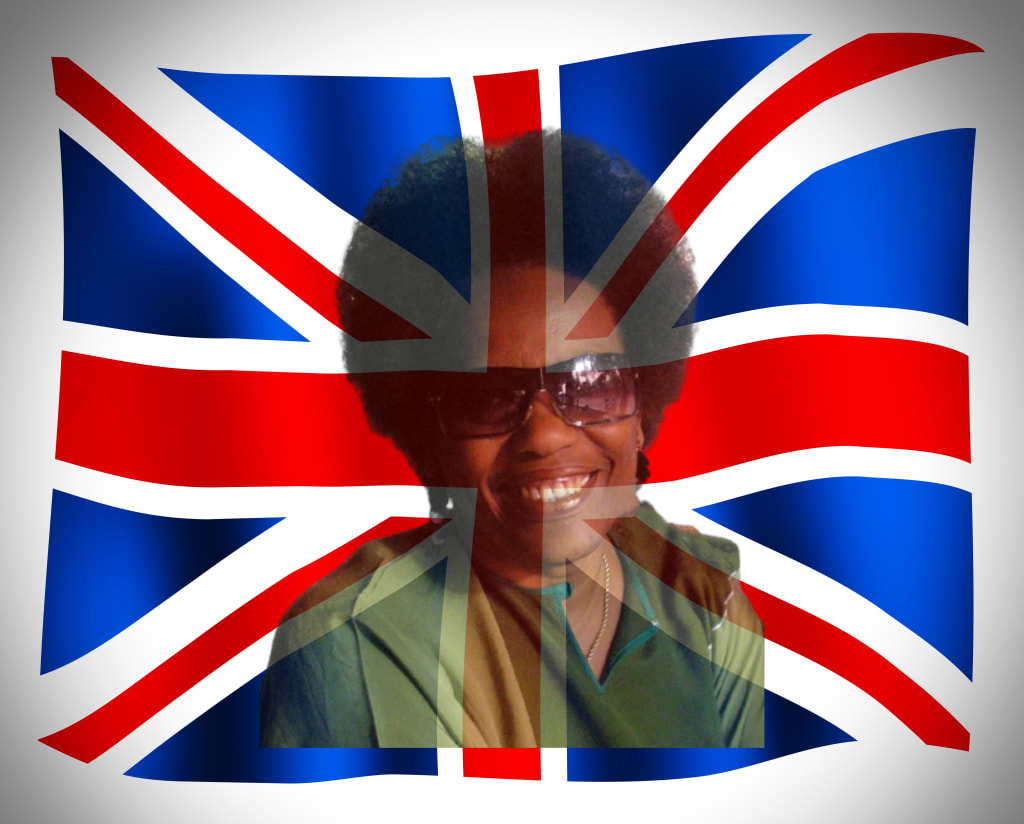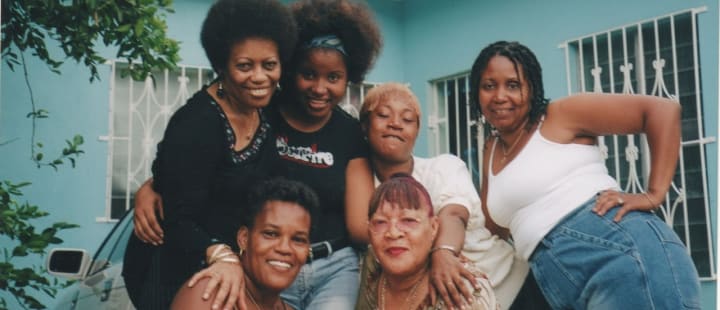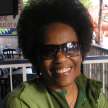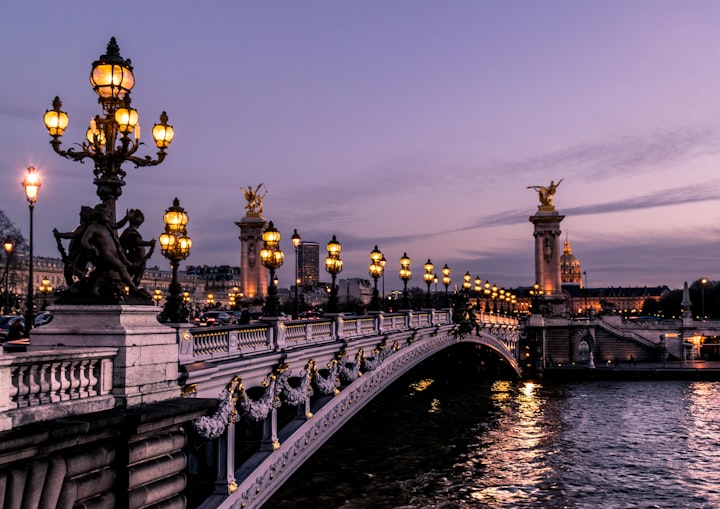Ambushed By A British Identity
The emotional road to a new persona

I have always been fascinated by the British citizenship test, mandated by the government for new immigrants to the country; one which requires some answers that not even British born natives can supply! Obviously, top marks meant you acquired your new identity as a Briton, being fully integrated into the society, from the very first day!
But for me, who has been in the country at least 40 years, the reality has been rather different. That kind of forced 'instant identity' has problems of its own, as I painfully discovered, often plunging the guilty psyche into all sorts of unknown chasms.
In a nutshell, no amount of reading and tests will make you instantly understand or comprehend British life and culture. You have to 'feel' something about a country - any country - to really appreciate it, and that takes the slow passage of time and personal familiarity. One can learn the history of a country, learn about its lifestyle, values and inventions, but one can only appreciate what the country truly represents by being part of it, emotionally, and being immersed in it for some time. Until then, our individual perception of what it is supposed to be, based on our homeland, will dominate the actual reality.
Personally speaking, it took me 10 years after arriving in Britain, from Jamaica, to actually 'feel' British. Until then, I strongly resisted getting a British passport, despite my ex-husband's constant encouragement. I was always yearning for Jamaica at every opportunity, with strong loyalties to match. I was the epitome of Lord Tebbit's sporting yardstick for measuring loyalty to Britain because I had none, not one ounce of loyalty to England in those early years. During that time, the only cricket team I ever wanted to win was that of the West Indies!
The main effect of this split loyalty was that every time my British Sikh husband and I travelled anywhere with our family, he and the children would be whisked off to the fast queue while I was held back for a good old search for any ganja I was perceived to have, the dreaded 'weed' I might have carried back with me! It didn't matter that his suitcase could have been full of it, too, as he passed without scrutiny. I was Jamaican so I would be guilty.
I soon learnt to give him all the extra bottles of rum we had that would have attracted attention! Having a Jamaican passport condemned me to the ritual of immigration racism and a handy stereotype that I felt powerless to change. I certainly didn't feel 'British' when I was clearly excluded and being shown it, together with the ill-disguised power of the White officials that went with the exclusion.

Eureka Moment
Then one morning, 10 years into my residency, and without knowing the exact reason, I wanted a British passport. I had gradually realised, on subsequent visits back to Jamaica, that I had little in common with the folks back 'home'. My perspectives had changed dramatically, yet with a slow realisation: I now thought like a Brit and did things like a Brit.
Fellow Jamaicans used to point at us with some mirth noting how we 'acted funny'. My children and immediate family also lived in Britain and that’s where I wanted to be. Until that Eureka moment of acceptance - that feeling of being at one with one's homeland - any talk of teaching 'Britishness' to a newcomer is sheer pie in the sky.
Today I adore Britain, I enjoy living here and, despite visiting many other countries, I certainly wouldn't live anywhere else. Yet it took about 12 years to have such a contented feeling of confidence and belonging in order to leave Jamaica behind - both physically and mentally. Sadly, many people never make that transition, depending on their experience. If it is negative, and they feel excluded, they tend to hanker forever after the perfect 'home' they left behind, one that, in reality, would have been moving on briskly with time, but had fossilised in their heads in a perfect idealistic way - a situation that tends to have a tragic effect on their children's sense of self, identity, and belonging, too.
Another conflicting element to this question of identity is the whole concept of 'Britishness'. With its obvious fluidity and continually changing customs, who gets to define it? Politicians, civil servants, sociologists? What do we leave out of those lessons and what becomes acceptable? For example, reggae music is now an embedded part of British culture, despite its Jamaican heritage, inspiring many imitators. Will that be part of any information, question or discussion? Or will it be some White, outmoded monocultural interpretation of the essence of Britishness?
And what about the elements of Britishness that will not make it to the lessons, but are regarded as equally integral to those who adhere to them and value them? This is a cultural minefield, the effect of an evolving multicultural society in transition; a minefield that only the bravest people would dare to tread.
People can learn what a narrow perspective of being 'British' is all about, from a dubious monocultural and even biased perspective. But they are not likely to learn what it is to be truly British in their identity, in the essential emotional terms of appreciation, loyalty and love, especially with that kind of forced superficial process. Only time, knowledge and personal experience can teach them that. My journey from fierce resister to willing embracer of British life and culture - having been quietly ambushed by a new identity when I least expected it - has demonstrated that it's not a process that can be hurried.
Quite simply, we have to feel comfortable about that particular country, to be in alignment with its aims, values and customs, before we can truly feel a sense of belonging. Otherwise we simply pay lip service to an ideal while feeling exactly the same as when we left our homeland. Worst still, we will also be caught in a kind of limiting limbo, while constantly hankering after the relentlessly changing ‘home’ we left behind.
RELATED POST
About the Creator
Elaine Sihera
British Empowerment Coach/Public speaker/DEI Consultant. Author: The New Theory of Confidence and 7 Steps To Finding And Keeping 'The One'!. Graduate/Doctor of Open Univ; Postgrad Cambridge Univ. Keen on motivation, relationships and books.






Comments (2)
Dear Elaine - Happy Holidays. No matter your religion, it's unimaginable to me the horrors of late over whose religion is 'Best'...Whether Sikh, Jewish, Christian, Muslim we all believe; but in our own way. Each time I read your articles I learn something about you, your family and history. You are a marvelous StoryTeller and I'm certain a terrific teacher as well. As mentioned, my Wife was English~Irish-ish and my firm handled her visa. In this country there are no "Intense" immigration interviews at all; it's a shame what's going on...! I'm hoping your health is better. 'J' in L.A.
I went back to JA recently and felt like an alien at first, then by the end of two months, I wanted to stay, but could not, my other life called. I have been in the UK for 2 years and have not yet felt assimilated at all. I feel like an alien. It does take a while, but time will tell. I still have a lot to learn and see.